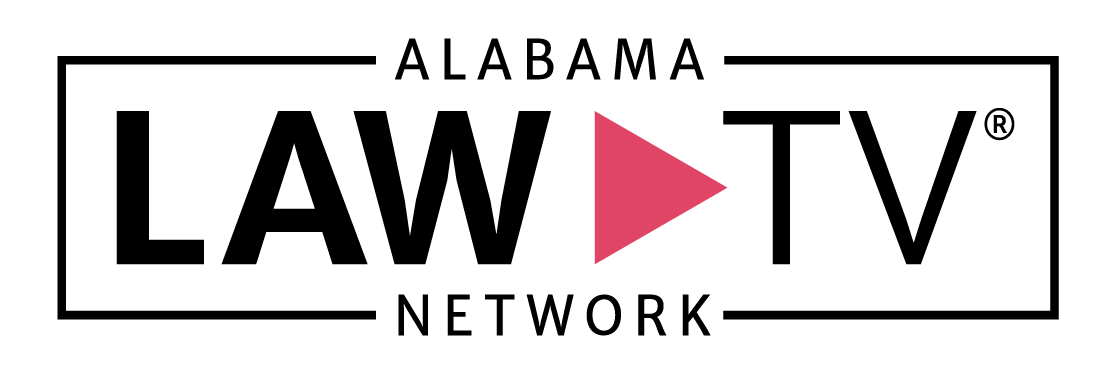Medication Side Effects and Secondary Service Connection
When it comes to VA disability benefits there are two main theories of service connection provided by the Veteran and their attorney: direct service connection and secondary service connection. Direct service connection can be granted when the Veteran suffers an injury, disease, disability, or disorder in-service that has continued to the present. Secondary service connection can be granted for any disability or disorder that is caused by, or worsened by, a service-connected disability or disorder. Common instances of secondary service connection would be nerve damage secondary to a back disorder or diabetes. Similarly, if a Veteran has a disorder of the left knee and then suffers an injury to the right knee due to overcompensation, this too can be service connected. A less common, but important, type of secondary service connection is service connection for side effects of medications prescribed for service-connected disorders.
Side effects of medication are unwanted symptoms caused by the Veteran’s medical treatment or medications. Side effects can range from mild symptoms such as drowsiness and nausea to severe symptoms such as blood clot or heart attack. These effects vary from person to person. Ideally, in this situation the Veteran would be able to obtain a nexus medical opinion supporting service connection. In this scenario, a nexus statement should relate that the side effects suffered by the Veteran are at least as likely as not the result of medical treatment or medication associated with a service-connected disability and disorder. Some of the most common side effects experienced by Veterans that may be entitled to service connection are erectile dysfunction, gastrointestinal disorders, sleep disorders, headaches, and seizures. Veterans who experience these kinds of side effects as a result of medical treatment for service-connected disabilities and disorders should be compensated appropriately for those impairments.

 Navigation
Navigation